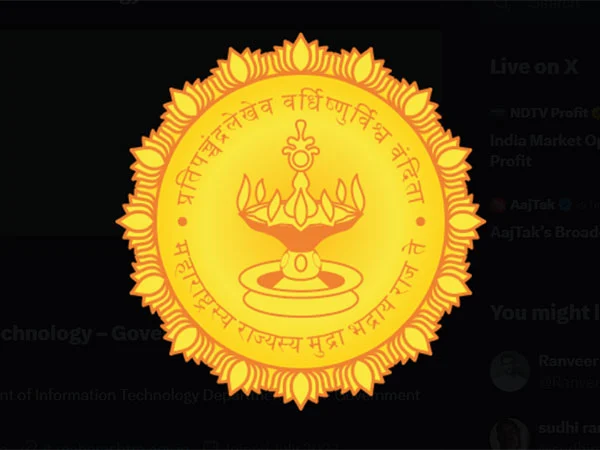8 Nov 2024, 1:15 PM The Maharashtra govt recently announced its intention to take action against non-Hindu students who allegedly availed of the Scheduled Tribe (ST) quota benefits.
This development has sparked discussions around the eligibility criteria for reservation benefits in the state.
The Maharashtra govt has stated that the use of ST quotas by ineligible individuals undermines the purpose of affirmative action policies designed to uplift specific groups.
Stand of Maharashtra Govt on Reservation Misuse
The Maharashtra government’s move to address this issue stems from the principle that reservation benefits should reach the communities they are intended to support.
In India, the ST quota is designated specifically for groups that are historically marginalized and disadvantaged, many of whom are from indigenous or tribal communities. The objective is to provide these communities with better access to educational and employment opportunities.
However, instances of misuse by individuals who do not belong to these groups have raised concerns among policymakers and citizens alike.
The Maharashtra govt has emphasized that this action is intended to protect the rights of genuine ST candidates. Many such candidates face socioeconomic challenges and rely on these benefits to access opportunities that would otherwise be out of reach.
By enforcing stricter guidelines, the government aims to ensure that these provisions are used fairly and only by those who are eligible under the current reservation policy.
Understanding the Reservation Policy and Its Eligibility
In Maharashtra, as in many other Indian states, reservation quotas are provided to Scheduled Castes (SC), Scheduled Tribes (ST), Other Backward Classes (OBC), and other marginalized groups.
Each of these groups has specific criteria that applicants must meet to qualify for the benefits. For the ST category, individuals are typically required to belong to designated tribal communities, which are often identified based on cultural, linguistic, or geographical criteria.
The Maharashtra government’s recent actions target students who might have claimed ST status without belonging to the designated tribal communities, potentially depriving deserving candidates of limited seats in educational institutions or job positions.
The issue highlights the importance of ensuring that reservation policies are not only fair but also effectively enforced.
The approach of Maharashtra Govt to Address the Issue
The Maharashtra govt has announced plans to conduct a thorough review of ST quota claims to identify instances where ineligible students may have received these benefits.
This process will likely involve verification of documentation and an investigation into any potential misrepresentations.
The government has stated that it intends to implement this policy change carefully to avoid any undue hardship to students while ensuring the integrity of the reservation system.
The government’s stance is that those found misusing the ST quota will be subject to appropriate actions, which could include revoking admissions, benefits, or employment opportunities obtained through misrepresentation.
The Maharashtra govt has also emphasized that this measure is not intended to target any particular community but rather to uphold the principles of fairness within the reservation system.
Ensuring Fair Access to Opportunities for Marginalized Communities
The Maharashtra government’s decision to address the misuse of ST quota benefits is ultimately about maintaining the integrity of reservation policies that are vital for supporting marginalized groups.
This step could set a precedent for other states to closely monitor and evaluate eligibility for reservation quotas, ensuring that such benefits reach the intended beneficiaries.
By taking a firm stance on this issue, the Maharashtra govt aims to uphold the spirit of affirmative action, ensuring that genuine candidates from Scheduled Tribes have fair access to opportunities without facing unnecessary competition from ineligible applicants.
Source: ANI





